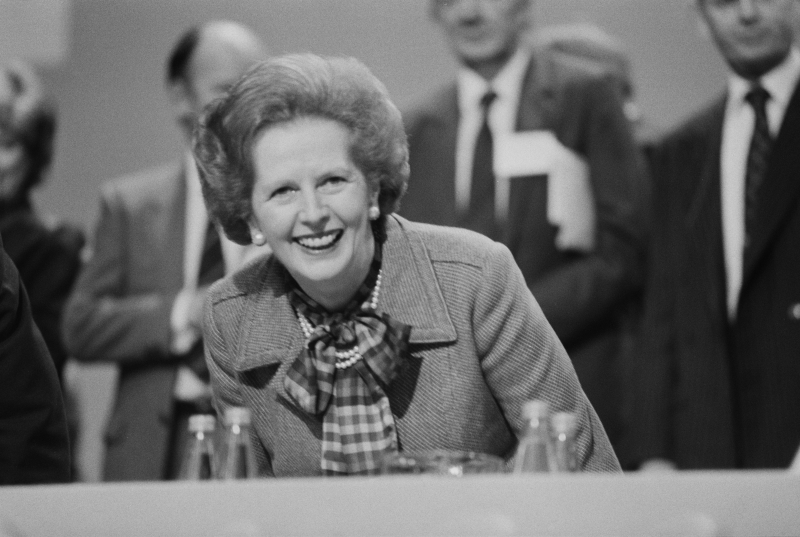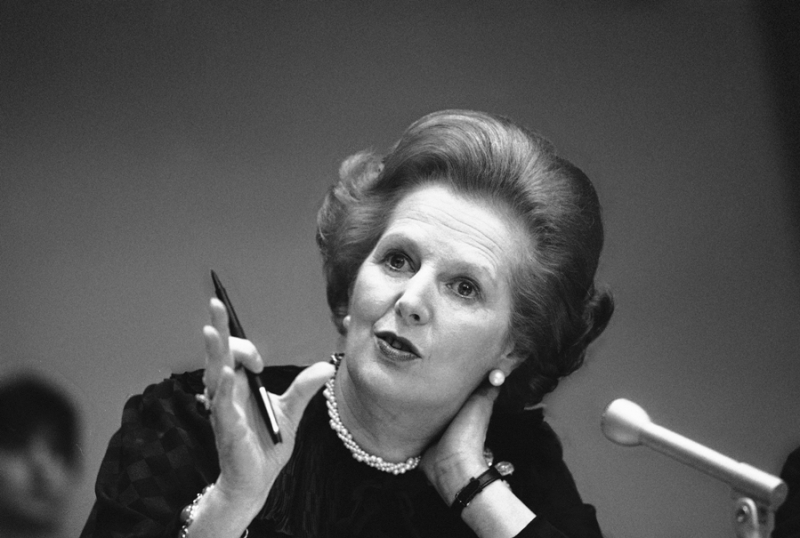Margaret Thatcher was more popular out of office than in leadership
When it comes to prime minister rankings, Thatcher has done well. In a 2019 YouGov survey of the general population, she came out on top; 21% of respondents chose her as the UK's best leader since 1945. Thatcher placed second in a 2010 survey of experts that included just post-war prime ministers, according to rankings made by historians and academics. Thatcher was named fourth most successful among the 20 prime ministers of the 20th century in a 2004 study by the University of Leeds. The welfare state was created by Clement Attlee, who served as prime minister from 1945 to 1951 and attempted to destroy it.
When Thatcher was in office, the British public had a lower opinion of her. During her time as prime minister, the public's satisfaction with her job performance was around 40% on average, while it was at 54%. She was unsurprisingly least well-liked in working-class areas like the Midlands. Her support peaked at 59% in June 1982 following the British forces' expulsion of the Argentines from the Falkland Islands and plummeted to 20% in March 1990 following the introduction of a "poll tax."
She paid the price for that poll tax. Every adult in a region paid the tax in one lump sum to cover the cost of local government services. The result was riots. Thatcher, in typical Thatcher fashion, would not budge. Thatcher gave up her position as premier in 1992 and departed Parliament rather than finish the struggle for the position of leader inside her party.













